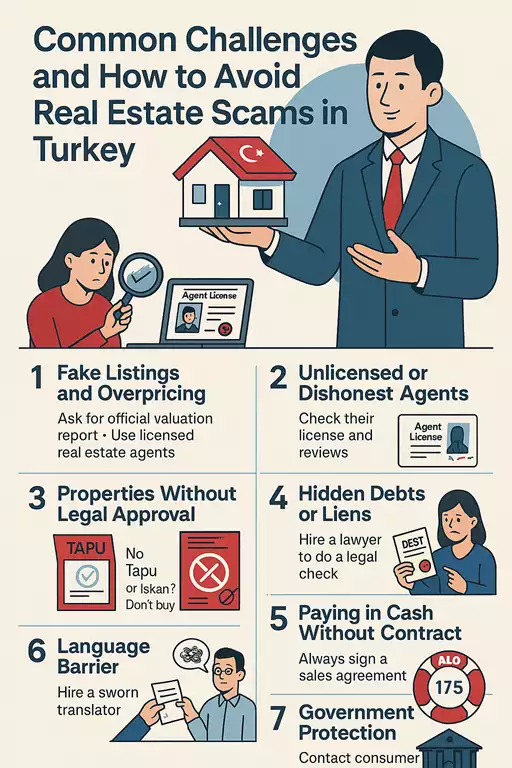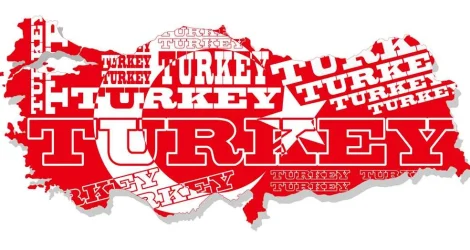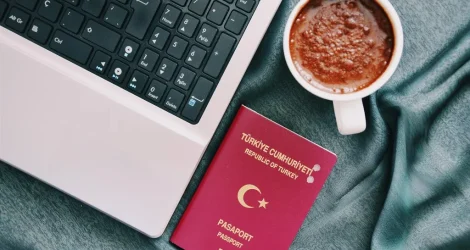Avoid Real Estate Scams in Turkey – Buying property in turkey or a foreign country can be exciting—but it also comes with risks. Turkey is a great place to invest, but the real estate market has some challenges for foreigners. Here’s how to stay safe and avoid scams.
How to Avoid Real Estate Scams in Turkey

1. Fake Listings and Overpriced Properties
Some agents post fake listings online to attract buyers, or they inflate prices for foreign clients.
How to avoid it:
- Compare listings on multiple websites
- Always ask for the official valuation report (SPK approved)
- Work only with registered real estate agents
2. Unlicensed or Dishonest Agents
Not all agents are legal or ethical. Some might pressure you or give false info about a property’s status.
Tip: Ask to see their real estate license and check online reviews.
3. Properties Without Legal Approval
Some properties are missing official permits like the Tapu (title deed) or İskan (occupancy certificate).
Why it matters: Without these, you can’t apply for residency—or worse, the sale might be canceled.
4. Hidden Debts and Liens
In Turkey, debts like unpaid taxes or mortgages can follow the property—even after it’s sold.
How to protect yourself:
- Hire a local lawyer to run a legal check
- Get a “clearance certificate” from the Tapu office before buying
5. Paying in Cash or Without Contracts
Never pay anything without a legal sales agreement. Cash deals with no paperwork are dangerous.
Smart move: Use bank transfers and sign everything in front of a notary.
6. Language Barrier and Misunderstandings
Many scams happen because foreign buyers don’t fully understand contracts or real estate terms.
Solution:
- Hire a sworn translator
- Have your lawyer explain everything before you sign
7. Government Resources and Protection
The Turkish government provides helpful platforms like:
- TKGM.gov.tr – Tapu and Cadastre info
- ALO 175 – Consumer protection hotline
You can also ask your embassy to recommend trusted lawyers or agencies.
Conclusion
Most property deals in Turkey go smoothly—but only if you take the right steps. Avoid real estate scams in Turkey by working with professionals, checking documents, and never rushing into a deal. Smart investors do their homework—and stay protected.







